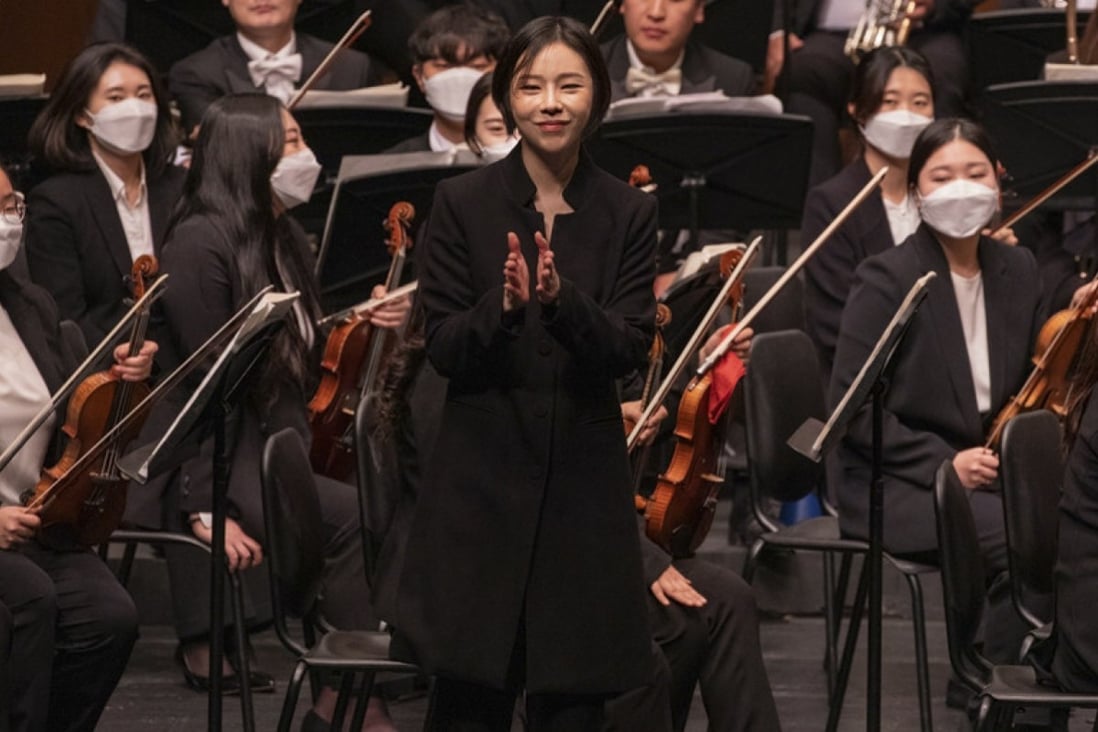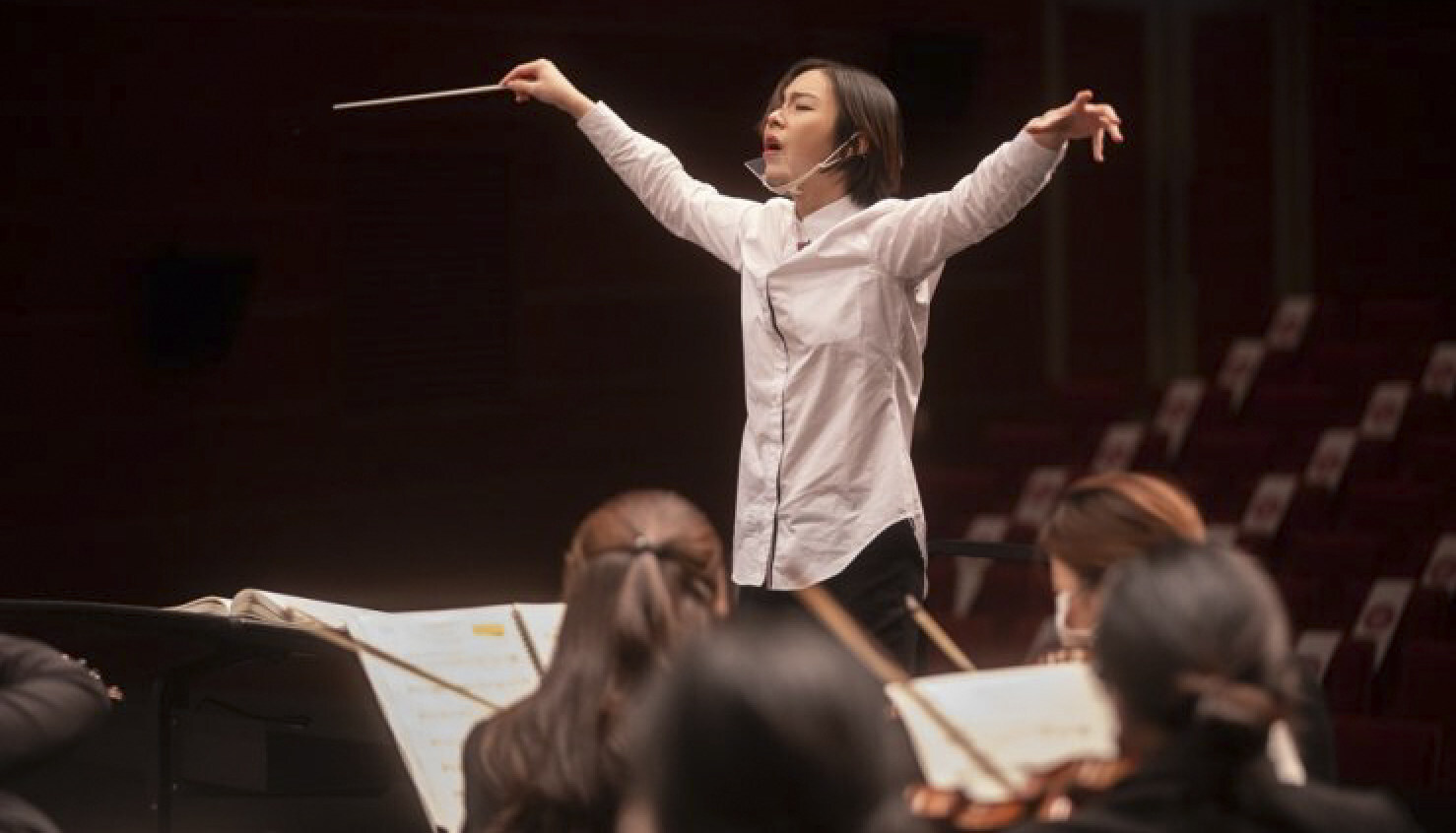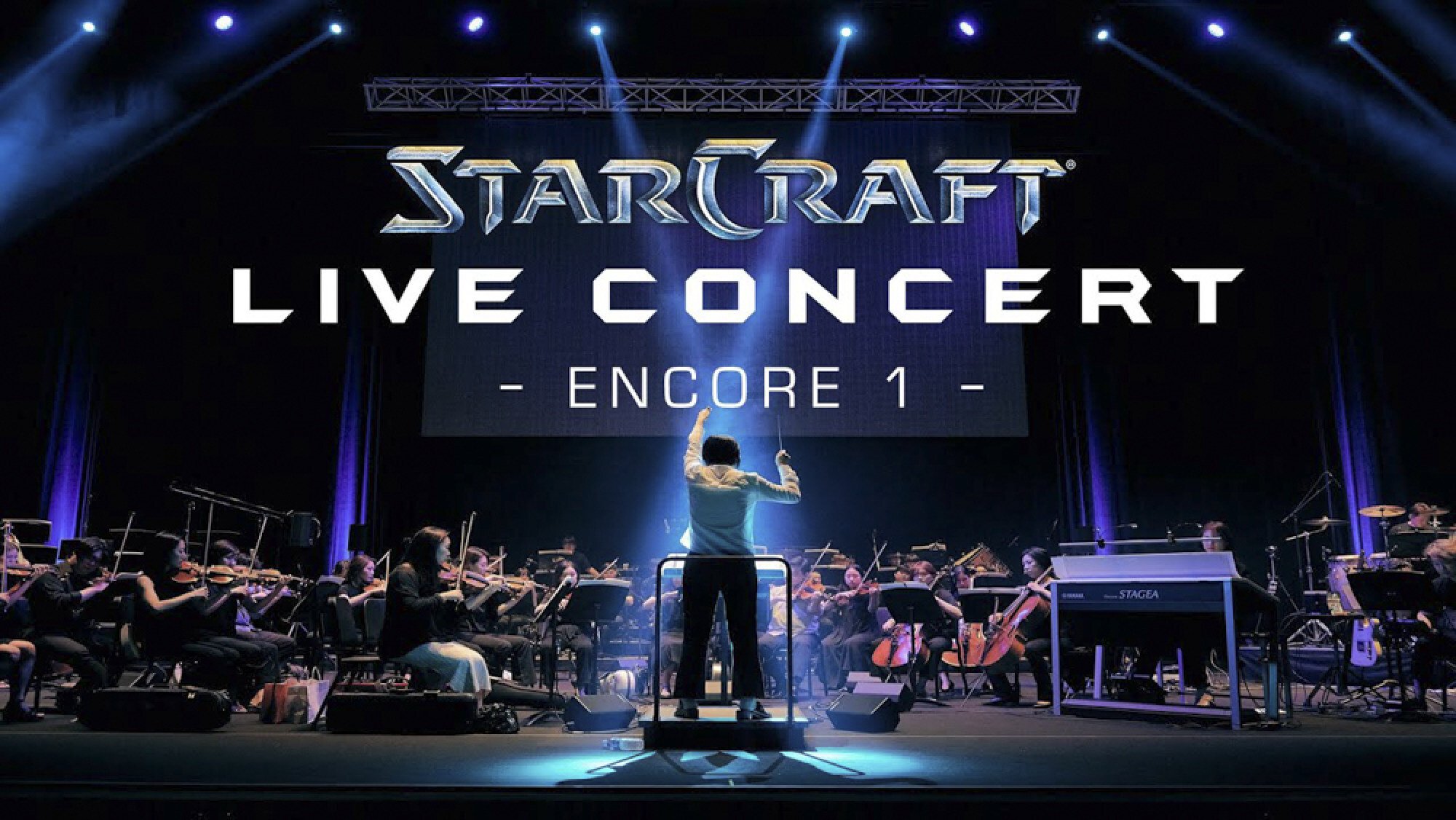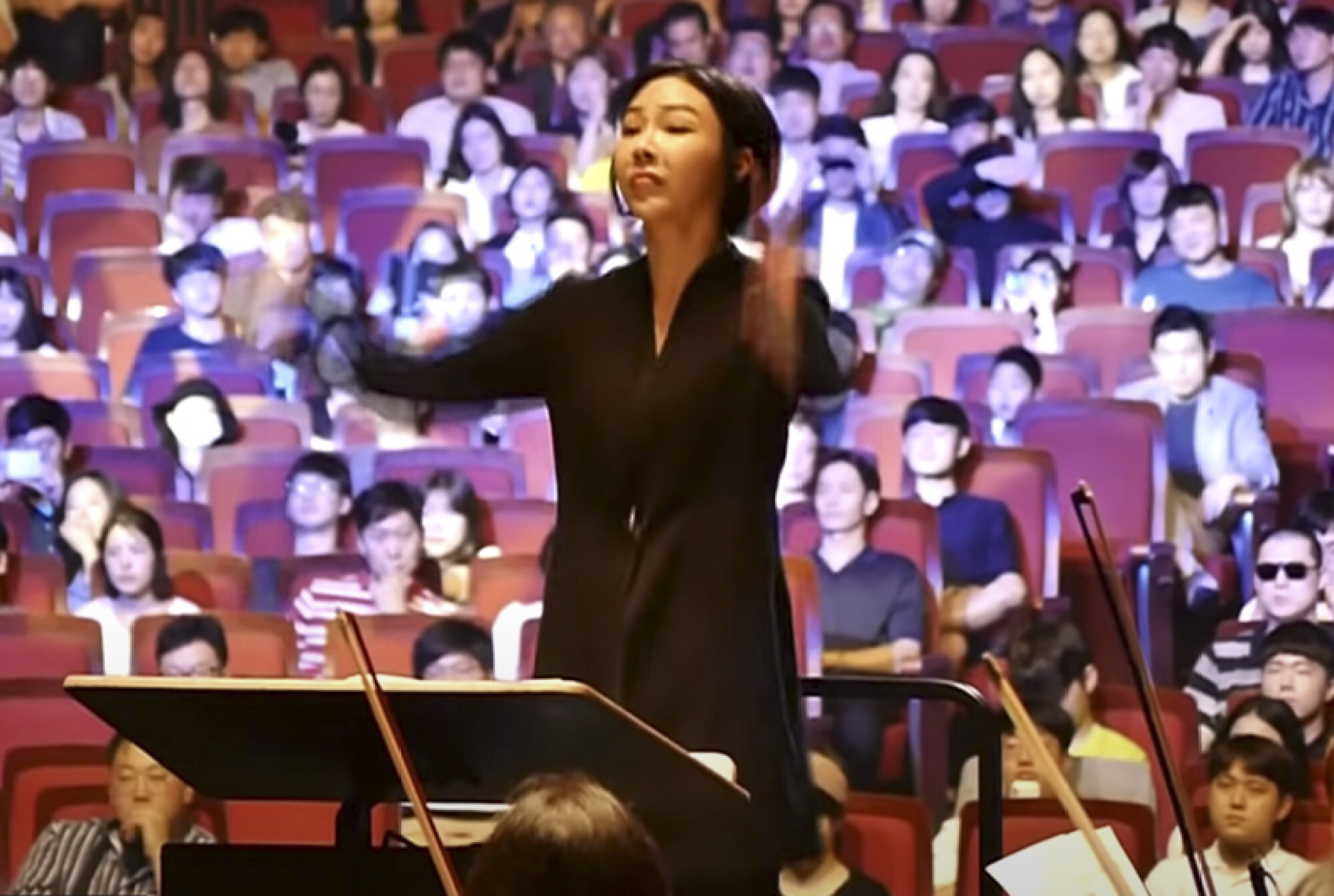
By Park Ji-won
In August, 2019, a rare live classical concert was held at the Sejong Centre for The Performing Arts in Seoul, South Korea. Titled “StarCraft Live Concert”, it was conducted by Chin Sol; an orchestra and a band specially formed for the concert played soundtrack works from StarCraft, Blizzard Entertainment’s highly popular real-time strategy game released in 1998.
They played the theme songs of the game itself and those of its three combatant groups: Terran, Protoss and Zerg.
Concertgoers were excited about the familiar, but beautifully “classicised” game music, and have been calling for a follow-up concert ever since. The pandemic delayed most concerts, but because of these rising calls, the arts complex is planning to hold “encore” StarCraft concerts in September.

Despite their popularity, live-music concerts of video-game soundtracks are still rare in Korea, presumably because of the preconceived notion that they would not be classical enough.
But conductor Chin, who has also been a keen gamer since childhood, eyed game music as having strong thematic content for musical arrangements based on well-made storylines, or so-called “world views”, while being familiar to many in Korea, which is one of the leading gaming powerhouses in the world with a large industry – not to mention a surplus of skilled classical musicians.
Music from video game ‘Final Fantasy’ takes centre stage
“The world view of games has been simple in the past and so was its music; like the Tetris theme music. But its scale has been largely expanded since the 1970s, especially for those games aimed at adults, some of which are even similar to a large-scale film,” explains the conductor and chief executive of Flasic, a game-music platform holding game-music concerts and making studio recordings of orchestral music.
“Also, as a fan of subcultures and games and a classical music major, I knew that Korea is very good at everything related to games and there are many talented classical musicians. But there were not many opportunities – especially for the musicians.”
The 33-year-old also serves as a conductor for the Daegu International Symphony Orchestra, the Korea National Institute for the Gifted in Arts, and the Seoul Student Philharmonic Orchestra, and is artistic director for Artisee Mahlerian.

“As a young person, I thought I may be able to create some chances to have fun and play music by combining the two genres I love.”
The beginning was simple. After majoring in classical music, especially conducting, at the Korea National University of Arts and Mannheim University of Music and Performing Arts, Germany, she founded Flasic in 2017, and held several small concerts.
And soon enough, big game companies such as Blizzard Entertainment signed a three-year contract with the start-up in 2019, to use the music and images of its games and hold related concerts. Last month, Flasic also signed a contract with game giant NCsoft, which is famous for its Lineage series.

“At first, it was very difficult to make the game companies understand how a score can be made and an orchestra can play the score – they just thought a score can be made very easily. Surprisingly, not many game companies have scores for the music in their games.”
To hold a concert, one of the trickiest and most important parts is to create the score for each work. Her staff analyse game themes and come up with orchestral scores, focusing on arrangements for the pieces. It takes at least one week for the company to come up with the score for each work.
Today Chin aims to include more subculture-based music and expand the market so that many talented musicians can make a living out of it.

“Flasic is currently working with many large companies, but we are willing to come up with original orchestral sounds with game start-ups and more subculture-based music content,” she says.
“While experiencing new things as an artist, I hope I could learn the traditional classics and become a pioneer of future classical music.”
Read the full story at the Korea Times.







